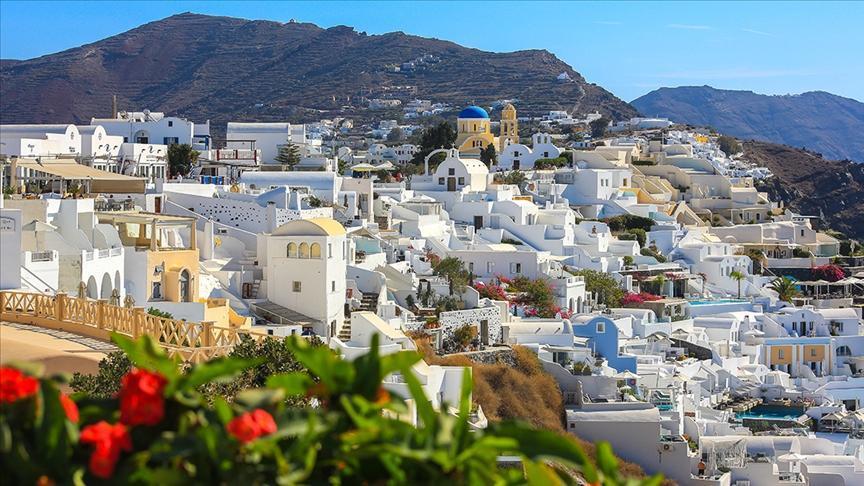Turkey’s ‘social cohesion’ score at bottom of OECD list
The social fabric of Turkey is not in its best shape. Polarization and intolerance among pro-government and opposition groups is overwhelming. Obedience to laws only takes place sporadically. Existential fears are heightened not only among political minorities, but also among dominant groups. OECD statistics show that Turkey’s score in “social cohesion” has dropped to the bottom of a list of all member states, while the World Values Survey reveals that social trust in Turkey is critically low with only about 11 percent of citizens agreeing that “most people can be trusted.” All of these are indicators of a major social crisis.
What explains this chaotic and confrontational atmosphere? Why have Turkish people become so fearful, suspicious, and intolerant of each other?
To some observers, the problem lies in the fundamental – and perhaps cultural – characteristics of modern Turkish society: Huge lifestyle differences that are hard to bridge and mutual suspicions discourage cooperative behavior and respect for rules. This prevents the formation of strong institutions that can manage grievances in an unbiased, consistent and transparent way. After all, for people to obey legal restrictions they must trust that others will too. Otherwise the law of the jungle prevails.
However, attributing causal power to “culture” or collective behavior hides a deeper problem. Taking the widespread insecurity and intolerance among Turkish citizens as a cause of institutional failure is misleading. In fact, mutual suspicion and heightened existential fear are likely to be the results of institutional decay. In Turkey, the rule of law has declined dramatically over the past decade, and it seems that this is where the problem stems from. In the “Rule of Law” index of the latest World Justice Project, Turkey ranks as the 99th among 113 countries. Its score is lower than not only Western democracies - the obvious frontrunners of the list - but also competitive authoritarian states such as Ukraine, Albania, and Malaysia, as well as authoritarian monarchies such as Jordan and the United Arab Emirates among others.
In his 2003 book “Lineages of the Rule of Law,” author Stephen Holmes explains that grievances and inter-group hatreds can exist anywhere, but when public institutions work properly they can “domesticate” these sentiments. That is how social cohesion forms. A strong rule of law signals that when a citizen violates a contract, they will pay the cost (rather than the victims of the violation). This makes ordinary citizens less concerned about “preempting” possible misconduct by being defensive and allows them to be more confident and tolerant in their relationships.
Losers of democratic elections can accept the results when they trust that the winners will not use their new powers to eliminate them. Similarly, electoral winners will accept “self-restraints” and tolerate opposition if they know their opponents will not take up arms against them. Cooperating with someone from an opposite ideological background is less risky when both sides know that if ideological differences interfere in professional relations, legal action can be taken.
In contrast, when the rule of law is absent, citizens attempt to take things into their own hands and start acting suspiciously, nepotistically, intolerantly, and defensively in order to survive. Human behavior is shaped by the incentives faced and it is the institutions that determine such incentives.
Thus, the dramatically low level of social cohesion and interpersonal trust in Turkey deserves attention as a signal of deep social crisis. However, we need to treat this observation as a response to – and not a cause of – the dramatic decline of the rule of law. Empirical evidence shows that the rule of law, and thus social cohesion, can exist in all sorts of political systems - including democracies and authoritarian systems - and in various societies with regional, religious, or ethnic differences.
So what explains this exceptional weakness of the rule of law in today’s Turkey? That is a tough question and it should shape the agenda of future studies.











